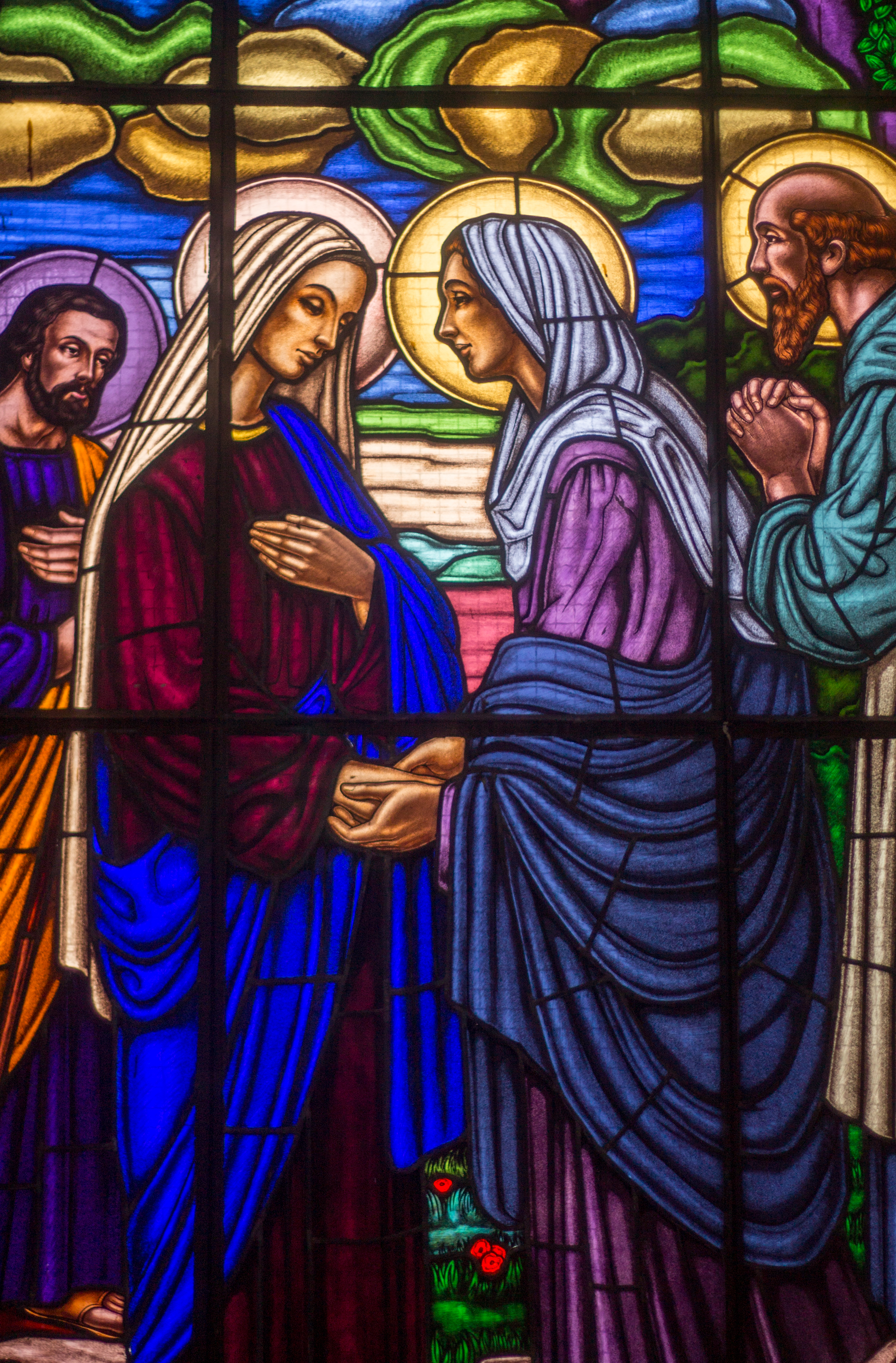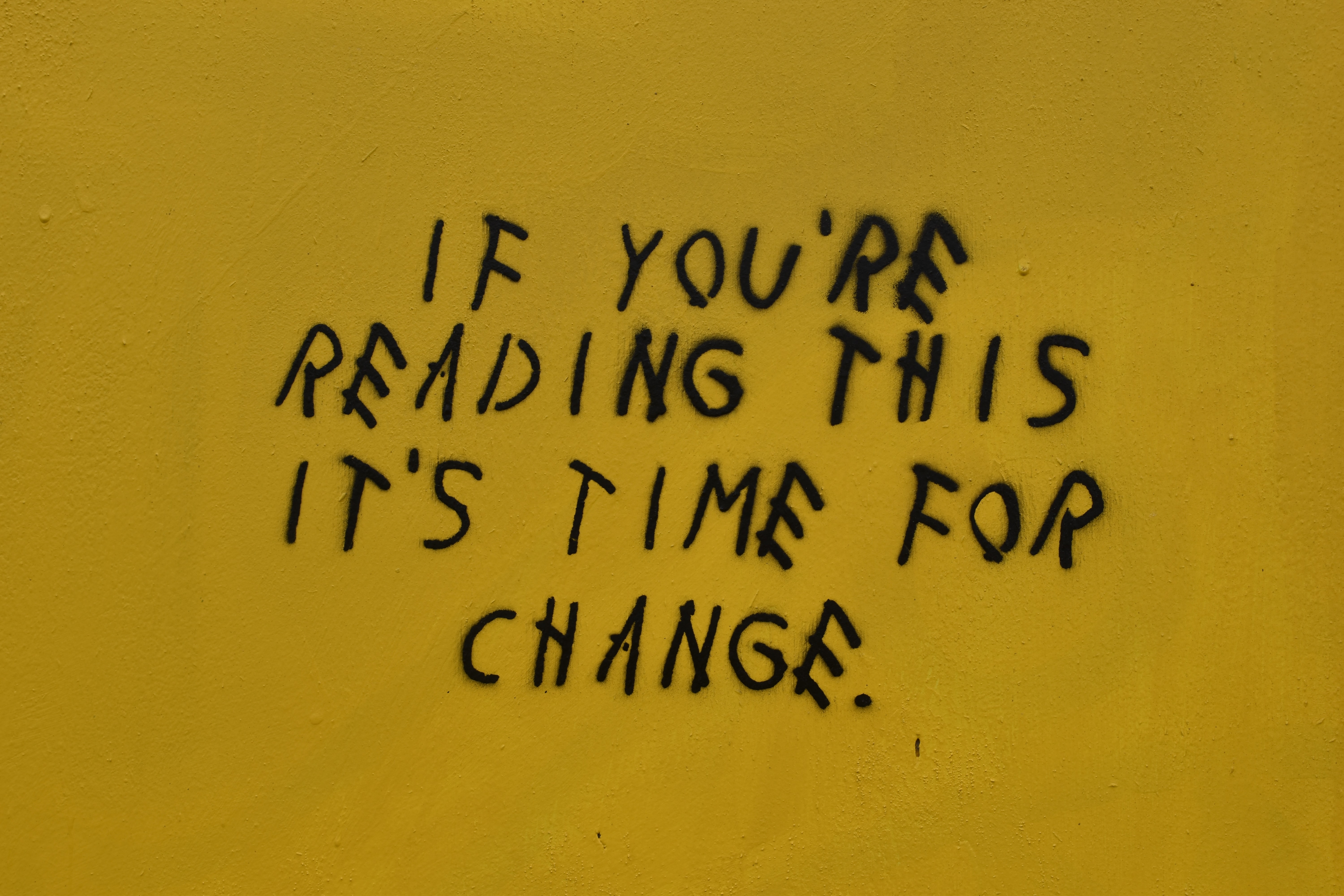In the movie, Captain America, Steve is a young man of strong character who wants to work for justice in the world, in spite of his evident lack of bulk and brawn. Steve has everything going for him except the physical strength to carry out his laudable ambitions.
His situation reminds me of the apostles before Pentecost, before the promised Holy Spirit descended upon them in the upper room as He did in today’s First Reading. The apostles loved Jesus. Their intentions were golden. These earnest men had learned a great deal by being with Our Lord, and it was their desire to continue His life-saving mission. But they were too feeble.
In the case of the earliest Church leaders, it wasn’t physical strength they needed, it was the courage, the love, and the power to do all that Jesus had commissioned them to do. Now, in the upper room, Christ keeps his last promise to his beloved friends and sends them the Holy Spirit. Similar to the way Steve was changed in mere moments through a scientific experiment into the buff and beautiful Captain America, the apostles were filled with the Holy Spirit and utterly transfigured. This historic moment wasn’t just a radical turning point in the lives the apostles, it was the birth of the Church. Furthermore, ever since that moment, every human being has had the opportunity to share in God’s Divine life through the Spirit. The power Pentecost unleashed on the world was tsunamic in the best way possible.
Again and again, the Catechism of the Catholic Church refers to the action of the Holy Spirit: He animates all creation, awakens faith, enables communication with Christ, helps man grow in spiritual freedom, is the master and source of prayer, is the principal author of Scripture and so on. The Catechism also highlights the gifts of the Holy Spirit (1831), His fruits (1832), and His charisms (2003).
It is breathtaking to think that, at the moment of our baptisms, the third Person of the Trinity comes to dwell in us and bestows supernatural gifts upon us. If we cooperate with the movement of the Spirit in our lives and in our souls, we will receive whatever we need to grow in holiness and minister to those around us. He wants to empower us. The apostles, who desired the Holy Spirit, awaited Him eagerly, and responded whole-heartedly to His inspirations, are models for us to imitate.
The kind of decision that the character of Steve in Captain America had to make was one that faces all of us in the spiritual realm. Are we content to be spiritually puny, reticent to tap into Divine power? Or are we ready to take our good intentions and our knowledge of Christ to the next level, out of love of God and neighbor, by allowing the Holy Spirit to even more radically transform us? The world awaits our answer.
Contact the author
En la película Capitán América, Steve es un joven de carácter fuerte que quiere trabajar por la justicia en el mundo, a pesar de su evidente falta de corpulencia y fuerza. Steve tiene todo a su favor menos la fuerza física para llevar a cabo sus loables ambiciones.
Su situación me recuerda a los apóstoles antes de Pentecostés, antes de que el Espíritu Santo prometido descendiera sobre ellos en el salón del segundo piso como lo hizo en la Primera Lectura de hoy. Los apóstoles amaban a Jesús. Sus intenciones eran buenas. Estos hombres fervorosos habían aprendido mucho al estar con Nuestro Señor, y era su deseo continuar Su misión de salvar vidas. Pero eran demasiado débiles.
En el caso de los primeros líderes de la Iglesia, no era fuerza física lo que necesitaban, sino el valor, el amor y el poder para hacer todo lo que Jesús les había encomendado. Ahora, en el salón del segundo piso, Cristo cumple su última promesa a sus amados amigos y les envía el Espíritu Santo. Semejante a la forma en que Steve fue transformado en meros momentos a través de un experimento científico, en el musculoso y hermoso Capitán América, los apóstoles fueron llenos del Espíritu Santo y completamente transfigurados. Este momento histórico no fue solo un punto de inflexión radical en la vida de los apóstoles, fue el nacimiento de la Iglesia. Además, desde ese momento, todo ser humano ha tenido la oportunidad de participar de la vida divina de Dios a través del Espíritu. El poder que Pentecostés desató sobre el mundo fue como un tsunami de la mejor manera posible.
Una y otra vez, el Catecismo de la Iglesia Católica se refiere a la acción del Espíritu Santo: anima a toda la creación, suscita la fe, posibilita la comunicación con Cristo, ayuda al hombre a crecer en la libertad espiritual, es el maestro y la fuente de la oración, es el autor principal de las Escrituras, etc. El Catecismo también destaca los dones del Espíritu Santo (1831), Sus frutos (1832) y Sus carismas (2003).
Es impresionante pensar que, en el momento de nuestro bautismo, la tercera Persona de la Trinidad viene a habitar en nosotros y nos otorga dones sobrenaturales. Si cooperamos con el movimiento del Espíritu en nuestra vida y en nuestra alma, recibiremos todo lo que necesitamos para crecer en santidad y ministrar a los que nos rodean. Él quiere empoderarnos. Los apóstoles, que desearon el Espíritu Santo, lo esperaron con ansias y respondieron de todo corazón a sus inspiraciones, son modelos a imitar para nosotros.
El tipo de decisión que tuvo que tomar el personaje de Steve en Capitán América fue una que nos enfrenta a todos nosotros en el ámbito espiritual. ¿Estamos contentos con ser espiritualmente insignificantes, reticentes a aprovechar el poder divino? O ¿estamos listos para llevar nuestras buenas intenciones y nuestro conocimiento de Cristo al siguiente nivel, por amor a Dios y al prójimo, permitiendo que el Espíritu Santo nos transforme aún más radicalmente? El mundo espera nuestra respuesta.
Comunicarse con la autora
 Beth Price is part of the customer care team at Diocesan. She is a Secular Franciscan (OFS) and a practicing spiritual director. Beth shares smiles, prayers, laughter, a listening ear and her heart with all of creation. Reach her here bprice@diocesan.com.
Beth Price is part of the customer care team at Diocesan. She is a Secular Franciscan (OFS) and a practicing spiritual director. Beth shares smiles, prayers, laughter, a listening ear and her heart with all of creation. Reach her here bprice@diocesan.com.







 Sheryl is happy to be the number 1 cheerleader and supporter for her husband, Tom who is a candidate for the Permanent Diaconate in the Diocese of Kalamazoo. They are so grateful for the opportunity to grow together in this process. Sheryl’s day job is serving her community as the principal for St. Therese Catholic School in Wayland, Michigan. Since every time she thinks she gets life all figured out, she realizes just how far she has to go, St. Rita of Cascia is her go-to Saint for intercession and help. Home includes Carlyn, a very, very goofy Golden Retriever and Lucy, our not-so-little rescue puppy.
Sheryl is happy to be the number 1 cheerleader and supporter for her husband, Tom who is a candidate for the Permanent Diaconate in the Diocese of Kalamazoo. They are so grateful for the opportunity to grow together in this process. Sheryl’s day job is serving her community as the principal for St. Therese Catholic School in Wayland, Michigan. Since every time she thinks she gets life all figured out, she realizes just how far she has to go, St. Rita of Cascia is her go-to Saint for intercession and help. Home includes Carlyn, a very, very goofy Golden Retriever and Lucy, our not-so-little rescue puppy. 
 Merridith Frediani loves words and is delighted by good sentences. She also loves Lake Michigan, dahlias, the first sip of hot coffee in the morning, millennials, and playing Sheepshead with her husband and three kids. She writes for Catholic Mom, Diocesan.com, and her local Catholic Herald. Her first book Draw Close to Jesus: A Woman’s Guide to Adoration is available at Our Sunday Visitor and Amazon. You can learn more at
Merridith Frediani loves words and is delighted by good sentences. She also loves Lake Michigan, dahlias, the first sip of hot coffee in the morning, millennials, and playing Sheepshead with her husband and three kids. She writes for Catholic Mom, Diocesan.com, and her local Catholic Herald. Her first book Draw Close to Jesus: A Woman’s Guide to Adoration is available at Our Sunday Visitor and Amazon. You can learn more at 
 Tami Urcia grew up in Western Michigan, a middle child in a large Catholic family. She spent early young adulthood as a missionary in Mexico, studying theology and philosophy, then worked and traveled extensively before finishing her Bachelor’s Degree in Western Kentucky. She loves tackling projects, finding fun ways to keep her little ones occupied, quiet conversation with the hubby and finding unique ways to love. She works full time, is a guest blogger on
Tami Urcia grew up in Western Michigan, a middle child in a large Catholic family. She spent early young adulthood as a missionary in Mexico, studying theology and philosophy, then worked and traveled extensively before finishing her Bachelor’s Degree in Western Kentucky. She loves tackling projects, finding fun ways to keep her little ones occupied, quiet conversation with the hubby and finding unique ways to love. She works full time, is a guest blogger on 
 Emily Jaminet is a Catholic author, speaker, radio personality, wife, and mother of seven children. She earned a bachelor’s degree in mental health and human services from the Franciscan University of Steubenville. She is the co-founder of
Emily Jaminet is a Catholic author, speaker, radio personality, wife, and mother of seven children. She earned a bachelor’s degree in mental health and human services from the Franciscan University of Steubenville. She is the co-founder of 


 A lover of Jesus Christ, a wife, and a mother of five, Christine is the author of Everyday Heroism: 28 Daily Reflections on the Little Way of Motherhood. She is a graduate of Franciscan University, an instructor for the Institute for Excellence in Writing, and an experienced catechist. Thrilled to have recently become grandparents, she and her husband currently live in Upstate, NY. Visit her author webpage at
A lover of Jesus Christ, a wife, and a mother of five, Christine is the author of Everyday Heroism: 28 Daily Reflections on the Little Way of Motherhood. She is a graduate of Franciscan University, an instructor for the Institute for Excellence in Writing, and an experienced catechist. Thrilled to have recently become grandparents, she and her husband currently live in Upstate, NY. Visit her author webpage at 
 Deacon Dan Schneider is a retired general manager of industrial distributors. He and his wife Vicki have been married for over 50 years. They are the parents of eight children and thirty grandchildren. He has a degree in Family Life Education from Spring Arbor University. He was ordained a Permanent Deacon in 2002. He has a passion for working with engaged and married couples and his main ministry has been preparing couples for marriage.
Deacon Dan Schneider is a retired general manager of industrial distributors. He and his wife Vicki have been married for over 50 years. They are the parents of eight children and thirty grandchildren. He has a degree in Family Life Education from Spring Arbor University. He was ordained a Permanent Deacon in 2002. He has a passion for working with engaged and married couples and his main ministry has been preparing couples for marriage.